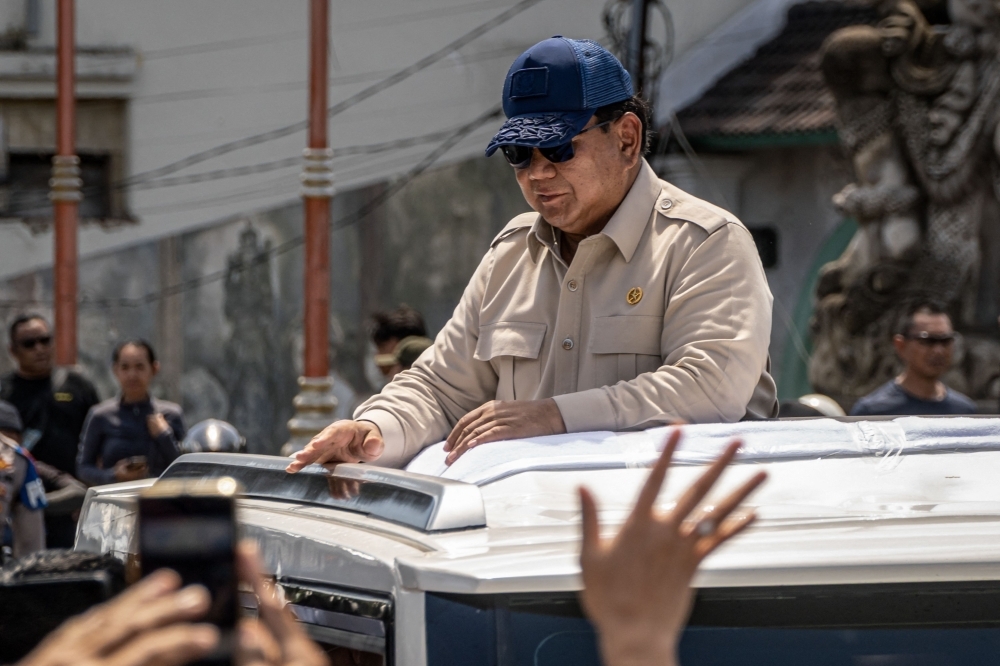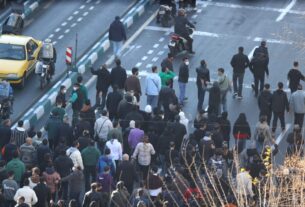JAKARTA, Sept 14 — Indonesia’s President Prabowo Subianto finds himself navigating one of the most intense political storms of his young presidency. After weeks of protests turned deadly—triggered by low wages, surging unemployment, and footage of police brutality—the president has responded with a major Cabinet reshuffle and pledges of reform. But experts warn: is this genuine reform, or a consolidation of power?
The Spark That Ignited a Nation
Protests erupted after video footage showed a paramilitary police vehicle crushing a motorcycle delivery driver, 21-year-old Affan Kurniawan. What began as frustration over economic issues escalated into the largest public uprising since Prabowo took office.
The death toll from the riots has reached at least 10, with hundreds detained. The scale of unrest forced the president to act—both to calm the public and to protect his authority.
A Cabinet Cleansing Amid the Flames
On Monday, Prabowo removed five top ministers, including the internationally respected Finance Minister Sri Mulyani Indrawati. He also backtracked on a controversial housing allowance for lawmakers and vowed to take firm action against the officers responsible for Affan’s death.
Analysts see the moves as both responsive and strategic. “This is classic damage control—but there’s also a deeper political play,” says Rani Septyarini, a researcher from the Center of Economic and Law Studies.
Replacing Sri Mulyani is Purbaya Yudhi Sadewa, a close ally of a key economic advisor and a figure largely unknown outside political circles. His immediate pledge? A staggering $12 billion injection to revive the economy and cool public rage.
Control Over Correction?
While the injection of funds is aimed at boosting economic morale, some believe Prabowo is seizing the opportunity to consolidate power—specifically to remove lingering influences of his predecessor, Joko Widodo (Jokowi).
Virdika Rizky Utama, of the PARA Syndicate, observes, “Prabowo is using this moment to quietly erase Jokowi’s legacy and fill key positions with loyalists from his inner circle.”
Indeed, many of the new appointees are trusted allies or ex-military associates. But critics argue that comfort in loyalty does not guarantee competence—especially at a time when Indonesia’s economy and public morale are on shaky ground.
A Nation Watching and Waiting
With public trust hanging by a thread, observers say this is a make-or-break moment for the president. “What’s needed now is not just political maneuvering, but real action that touches people’s lives—better wages, jobs, fairness, and accountability,” says Airlangga Pribadi Kusman from Airlangga University.
The public sentiment is volatile. The riots may have died down—for now. But without systemic changes and a genuine response to inequality and police violence, many warn that this is merely a pause before the next explosion.
In the End, It’s About the People
Politics is strategy, yes. But leadership is service. Behind every protester is a story—of struggle, frustration, and the dream for a better life. The youth delivering food, the unemployed seeking dignity, the voters who believed change was possible—they’re not footnotes in political chess.
They are the pulse of Indonesia.
As the world watches Southeast Asia’s largest economy, the question remains: Will Prabowo rise as a leader of the people—or retreat behind walls built by power?





